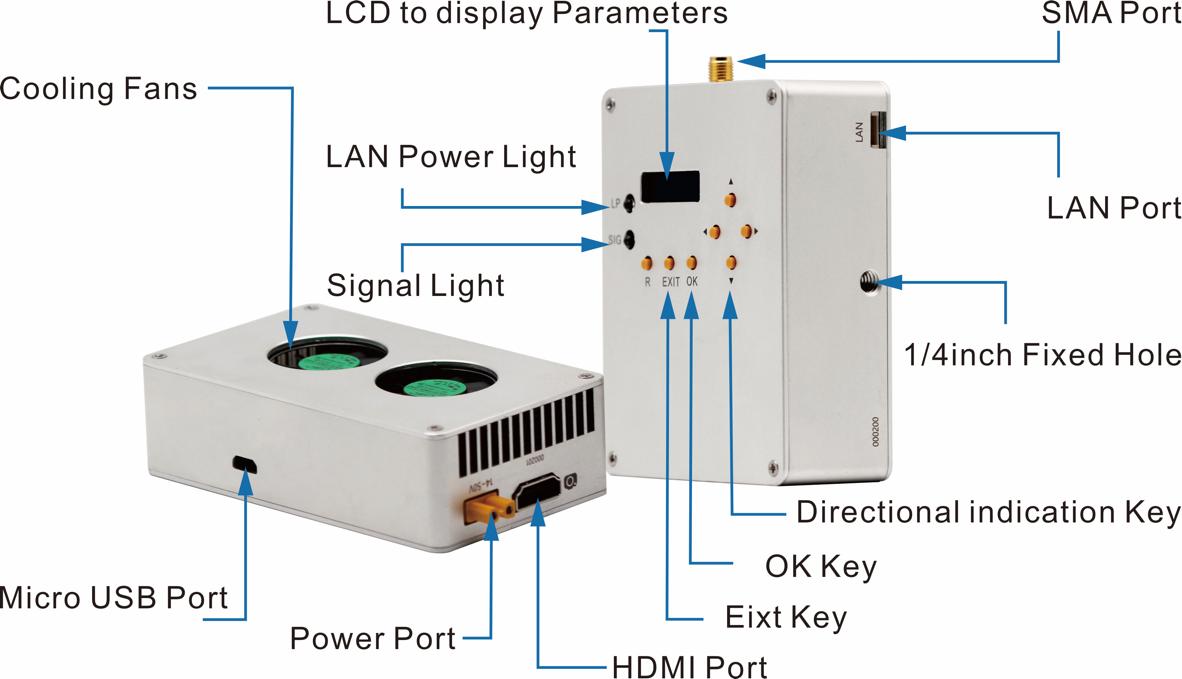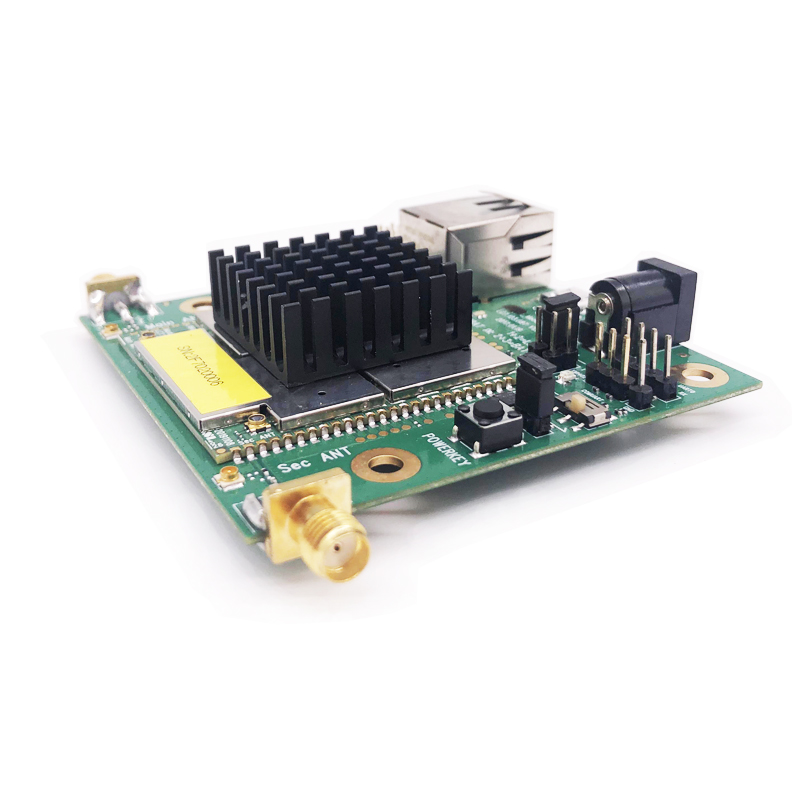CHARLOTTESVILLE, Va. (WVIR) - A new University of Virginia study is shedding light on what happens inside an infant’s brain when it takes its first breath in the world.
The research finds that a neuropeptide transmitter in the brain that supports breathing activates immediately at birth, helping the new baby continue breathing on its own for the rest of its life. The finding could also shine a light on the mysteries surrounding Sudden Infant Death Syndrome (SIDS) which is believed to be closely related to breathing issues in babies. Drone Video Transmitter

“The other thing that’s particularly interested about this peptide is that the gene had actually been previously associated with sudden infant death, particularly in African Americans,” UVA Pharmacology Department Chair Douglas Bayliss said. “There’s a clinical correlation that actually already exists.”
Researchers say the next step for the research will be determining if this signaling mechanism could be used to stimulate breathing for infants having trouble in cases of SIDS, as well as looking for similar support systems for other major body functions.

Drone Video Transmitter And Receiver Copyright 2020 WVIR. All rights reserved.